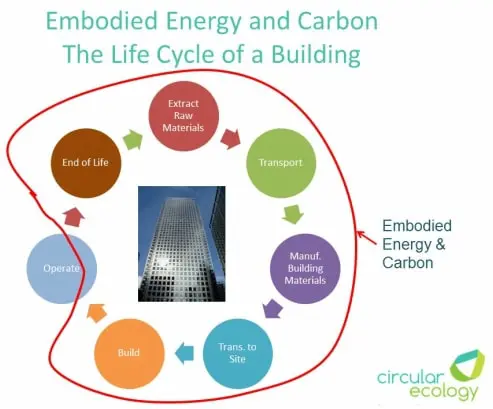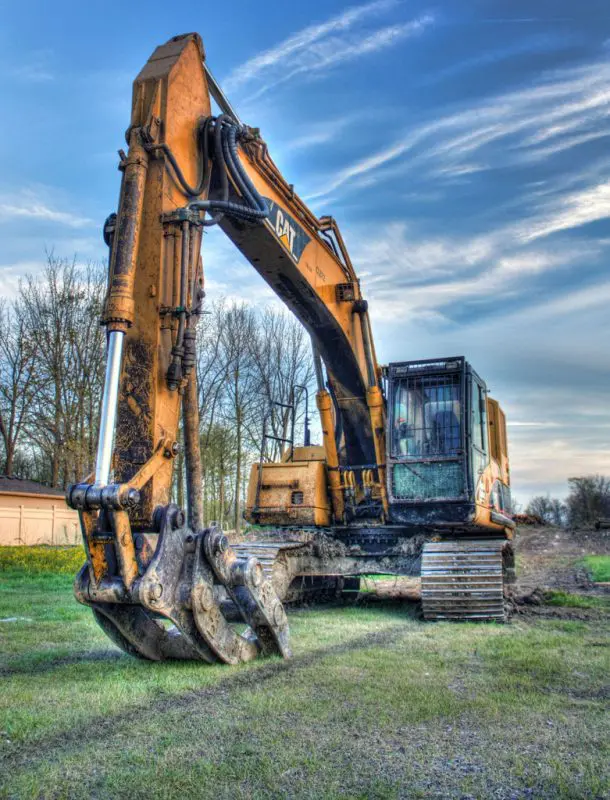Microsoft has committed to being carbon negative by 2030. Unilever has committed to being carbon positive by 2030. Ah! There we have a problem. Climate tug of war? Of course not…. Naturally both companies are aspiring to remove more carbon from the atmosphere than they cause. These are also very admirable and worthy commitments, even […]
Author Archives: Craig Jones
The UK Green Building Council (UKGBC) has recently released a framework for net zero carbon buildings. This is a positive step forward for improving the environmental impacts of construction. The framework covers both embodied carbon and operational carbon. We have put together a summary article on net zero carbon buildings. What is net zero, how […]
We are glad to report that we are making positive progress to update the Inventory of Carbon & Energy (ICE) database to V3.0. We can now announce that, a launch date of Q1 2019 should be expected. Work to update the well-used embodied energy and carbon database for materials is producing some interesting analysis and […]
We have some excellent news for users of the Inventory of Carbon & Energy (ICE) database (https://www.circularecology.com/embodied-carbon-footprint-database.html). Work has now started to update the ICE database. The ICE database is an embodied energy and carbon database for building materials and has been downloaded by over 20,000 users from around the world. We have managed […]
On our recent ‘life admin’ trip to the supermarket, we were pleasantly surprised to find that it now sells a range of ‘wonky veg’ and at a fraction of the price of the ‘non-wonky’ variety. Realising the environmental benefit of using these veg provides some simple satisfaction, but it also poses some important questions. […]
This is Part II of the article, part I revealed how the HM Treasury stated that… “Reducing carbon reduces costs” – HM Treasury, 2013 The Infrastructure Carbon Review (2013) made this bold statement. It appears word for word in the report. However, such a bold statement should not be taken out of context and it […]
What is the value of carbon footprinting? Why should I carbon footprint our business, products, activities or constructions? Why should I do an embodied carbon assessment? These are the questions we face almost daily. The reply is now: “Reducing carbon reduces costs” A bold claim indeed. It’s a claim that would normally be met with […]
The UK government recently announced that zero carbon homes 2016 and zero carbon buildings 2019 (non-domestic) will be abandoned. The zero carbon homes policy was designed so that all new buildings would generate as much energy from on-site renewables (PV, wind,…etc) as they consume to heat and power the building. It was a flagship environmental […]
Embodied carbon is the carbon footprint of producing materials. It is steadily gaining attention from both industry and parts of government, where it is now recognised that embodied carbon emissions make up a large fraction of the emissions from the construction sector. In fact, it’s often 20-40% of the whole life (embodied + operational) carbon […]
There comes a time in the life of every building where extensive refurbishment is required. For many a building this seems to bring with it thoughts of starting again – essentially to demolish and ‘rebuild’. The normal practice in modern times seems to be the preference to demolish and replace. Whereas conservationists naturally prefer to […]
- 1
- 2









